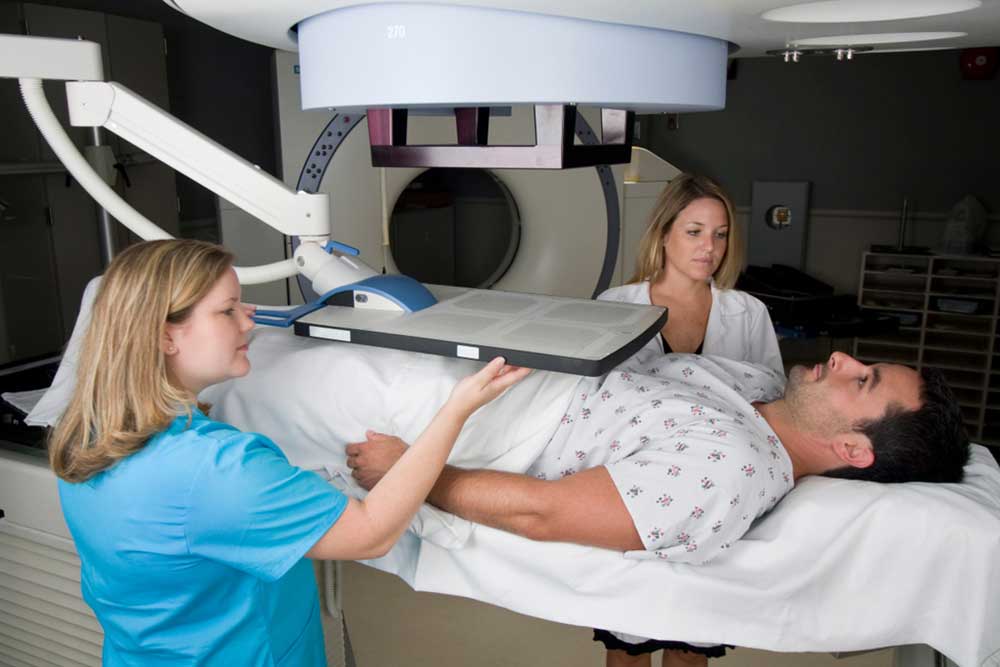Innovative CAR-T Cell Therapy in Liver Cancer Treatment
This article explores the emerging role of CAR-T cell therapy in treating liver cancer, highlighting its mechanism, promising response rates, and potential as a targeted immunotherapy. It discusses the diagnosis process and the current clinical landscape, emphasizing the therapy’s innovative approach to harnessing the immune system against solid tumors. As a cutting-edge treatment, CAR-T therapy offers new hope for patients with limited options, demonstrating significant effectiveness and safety profiles in recent trials.

Innovative CAR-T Cell Therapy in Liver Cancer Treatment
Liver cancer ranks as the third leading cause of cancer-related deaths worldwide, with survival rates remaining quite low. It affects both men and women, often presenting as a difficult-to-treat disease. Diagnosis involves multiple assessments to determine the extent of liver damage, guiding treatment plans.
Diagnosing Liver Cancer
A combination of blood tests, imaging scans like CT or MRI, and tissue biopsies help identify liver cancer. Blood tests reveal liver function anomalies, while imaging helps visualize tumors. Confirmatory diagnosis often requires a biopsy to detect malignant cells within the liver tissue.
Among emerging treatment options, targeted immunotherapies such as CAR-T cell therapy are gaining attention. This approach demonstrates promising results, with an impressive 88% complete response rate in high-risk cases. CAR-T therapy is considered safe and offers hope for patients with limited options.
How CAR-T Therapy Works in Liver Cancer
The therapy primarily targets solid tumors and related malignancies through immune system modulation. It involves customizing a patient's T-cells to recognize and attack cancer cells using specific protein antigens. The process starts with harvesting T-cells from the patient’s blood, which are then engineered to express chimeric antigen receptors (CARs). Prior to infusion, patients undergo chemotherapy to enhance the effectiveness of the treatment. The modified T-cells are infused back into the patient, where they seek out and destroy cancer cells, boosting the immune response. This method leverages the body's own defenses, reducing the likelihood of tumor spread and offering a potent immunotherapeutic option currently under clinical trials.










